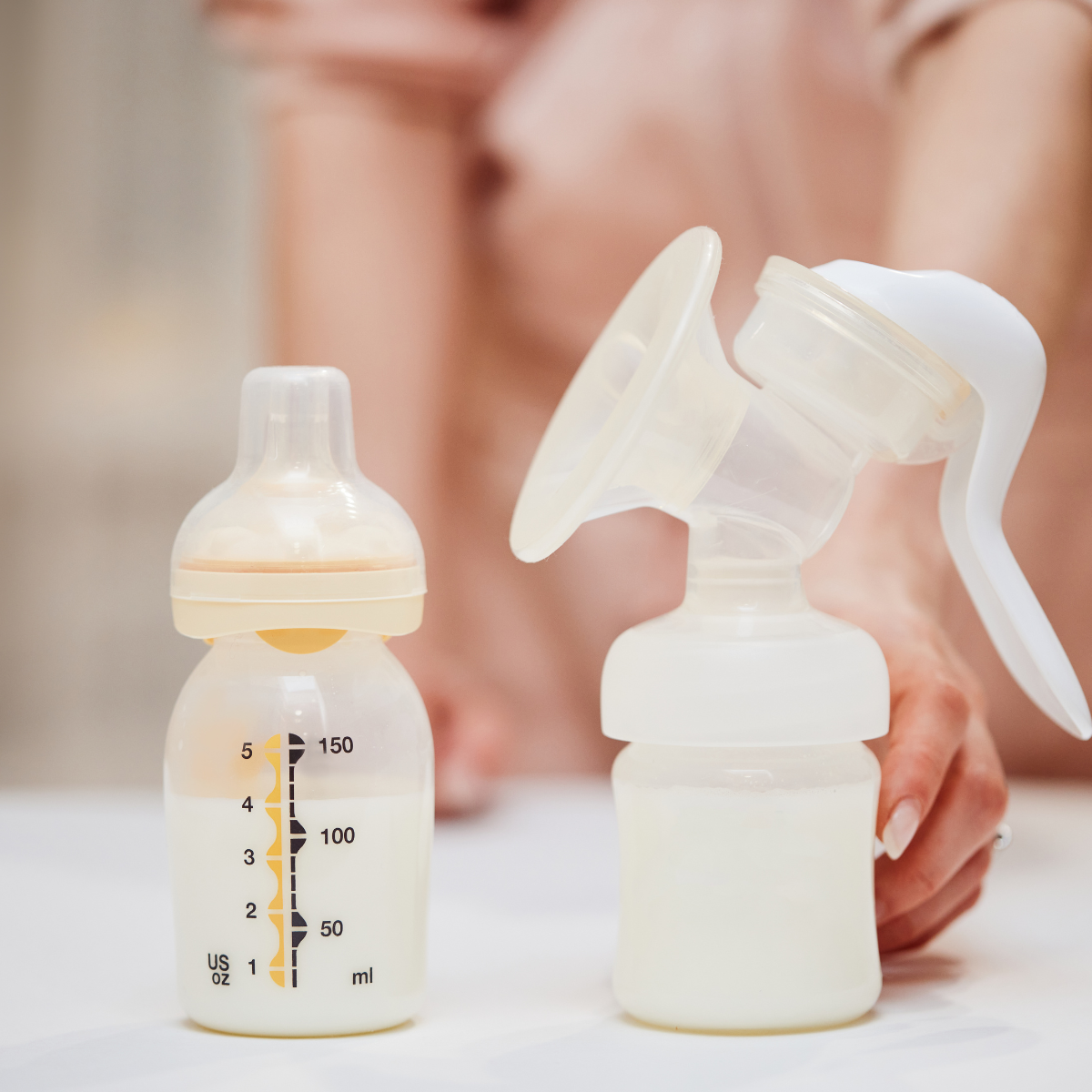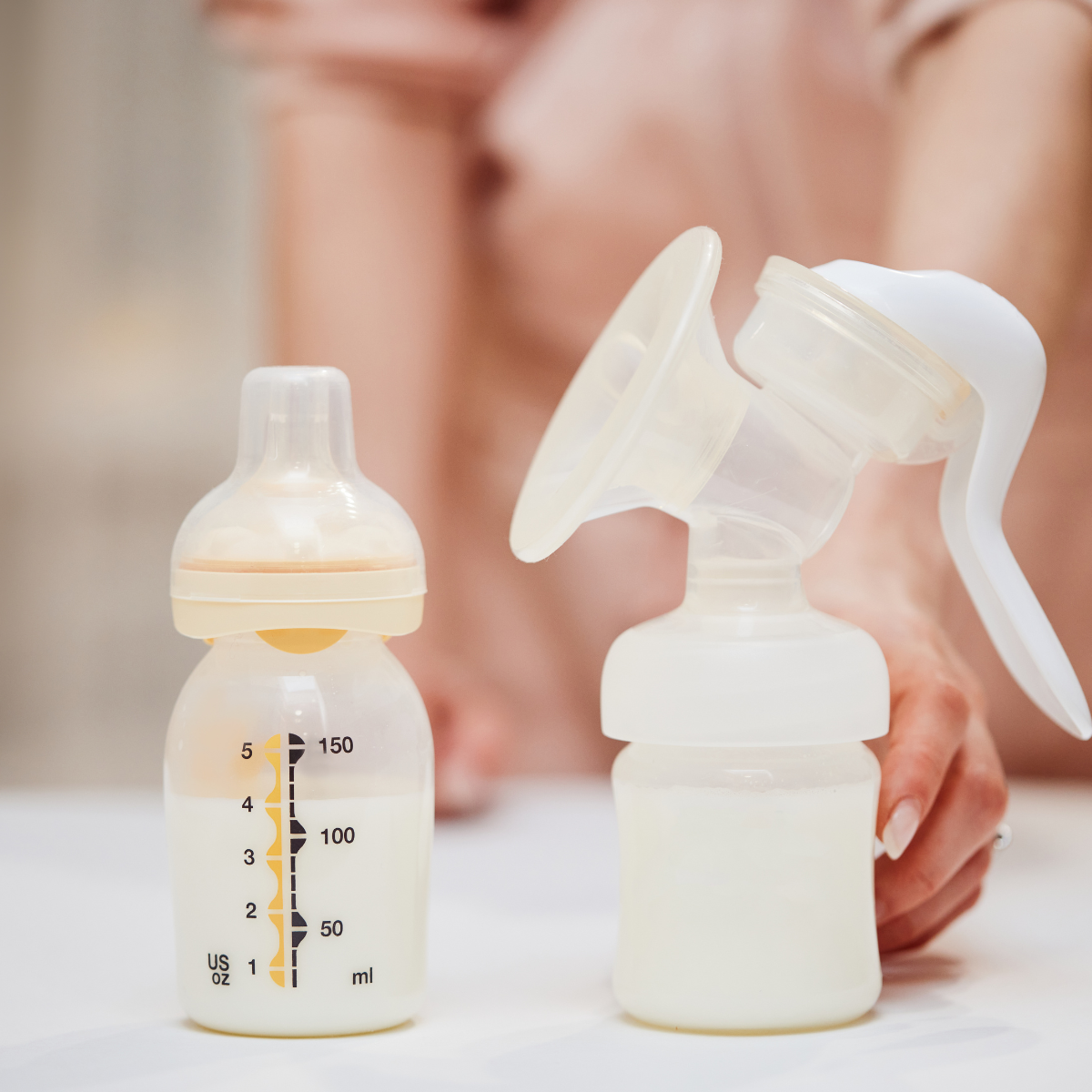Breastfeeding plays a vital role in a baby’s early development, providing a perfect balance of nutrients tailored specifically to their needs. For the first six months of life, exclusive breastfeeding ensures optimal growth, strengthens the immune system, and fosters a strong bond between mother and child. This natural feeding method not only benefits the baby but also has long-term health advantages for the mother. Understanding these benefits can help parents make informed decisions about their child’s well-being.
Essential Nutrients for Growth and Development
Breast milk is uniquely designed to meet the nutritional needs of infants. It contains the right balance of proteins, fats, and carbohydrates essential for healthy growth. Additionally, breast milk is rich in vitamins and minerals such as calcium, iron, and zinc, which are crucial for bone development and brain function. The composition of breast milk changes over time to adapt to the baby’s evolving requirements, making it a dynamic and highly personalized food source.

Breastfeeding provides the perfect balance of nutrients, promoting healthy growth and strong development in infants.
Proteins for Muscle and Tissue Growth
The proteins found in breast milk are easily digestible, making them ideal for a baby’s delicate digestive system. These proteins support the development of muscles and tissues, ensuring steady physical growth. Furthermore, certain proteins in breast milk, like lactoferrin, help absorb iron and protect against harmful bacteria, boosting overall health.
Healthy Fats for Brain Development
Fats in breast milk, particularly omega-3 fatty acids such as DHA, play a critical role in the development of the baby’s brain and nervous system. These fats also contribute to the formation of healthy skin and eyes, laying a solid foundation for cognitive and sensory abilities.
Strengthened Immune System
One of the most significant benefits of breastfeeding is its role in enhancing a baby’s immune defense. Breast milk contains antibodies and immune-boosting compounds that protect infants from infections and illnesses.
Protection Against Infections
Exclusive breastfeeding reduces the risk of respiratory infections, diarrhea, and ear infections. The immunoglobulins in breast milk, particularly IgA, form a protective layer in the baby’s digestive tract, preventing harmful pathogens from causing illness.
Long-term Immunity Benefits
Research indicates that breastfed babies are less likely to develop chronic conditions such as asthma, allergies, and autoimmune diseases later in life. The immune-boosting properties of breast milk help build a strong foundation for lifelong health.
Emotional and Psychological Benefits
Breastfeeding offers more than just physical nourishment; it also provides emotional security and fosters a strong bond between mother and baby. The skin-to-skin contact during feeding sessions helps the baby feel safe and comforted.
Bonding and Comfort
The act of breastfeeding creates a unique connection between mother and child. This close interaction promotes emotional attachment, which is crucial for the baby’s psychological development. The release of oxytocin, also known as the love hormone, during breastfeeding enhances feelings of trust and love.
Reduced Risk of Postpartum Depression
For mothers, breastfeeding has been linked to lower rates of postpartum depression. The hormonal changes that occur during nursing can help reduce stress and promote a sense of well-being, creating a positive environment for both mother and baby.
Health Benefits for Mothers
Breastfeeding is not only advantageous for the baby but also provides significant health benefits for the mother. From aiding postpartum recovery to reducing the risk of certain diseases, nursing offers a range of advantages.
Faster Postpartum Recovery
Breastfeeding helps the uterus contract and return to its pre-pregnancy size more quickly. This process, driven by the hormone oxytocin, also reduces postpartum bleeding and speeds up overall recovery.
Lower Risk of Certain Cancers
Studies have shown that breastfeeding reduces the risk of developing breast and ovarian cancers. The hormonal changes associated with nursing may delay the return of menstrual cycles, lowering lifetime exposure to estrogen, which is linked to these cancers.
Economic and Environmental Benefits
Choosing to breastfeed can have a positive impact on both family finances and the environment. Unlike formula, breast milk is always available and requires no additional resources to produce.
Cost Savings
Breastfeeding eliminates the need for purchasing formula, bottles, and other feeding supplies. Families can save a significant amount of money by opting for this natural feeding method, particularly during the baby’s first six months.
Eco-Friendly Feeding Option
Since breast milk is produced naturally, it has a minimal environmental footprint. By reducing the demand for formula production and packaging, breastfeeding contributes to a more sustainable planet.
Cognitive and Developmental Advantages
Breastfeeding has been associated with improved cognitive development and higher IQ scores in children. The combination of essential nutrients and the act of breastfeeding itself plays a role in enhancing a baby’s intellectual potential.
Better Academic Performance
Studies suggest that children who were breastfed during infancy often perform better academically. The brain-boosting properties of breast milk, particularly its rich supply of DHA, contribute to better learning outcomes.
Enhanced Social Skills
Breastfeeding also helps in developing social and emotional skills. The close interaction between mother and child fosters a sense of security and confidence, which can positively influence a child’s ability to interact with others.
Practical Tips for Successful Breastfeeding
While breastfeeding is a natural process, some mothers may encounter challenges. With the right guidance and support, these obstacles can be overcome, ensuring a positive experience for both mother and baby.

Breastfeeding fosters a unique emotional connection between mother and child, promoting trust and security
Establishing a Routine
Creating a breastfeeding schedule helps the baby adjust to regular feeding times. This not only ensures the baby receives adequate nourishment but also provides the mother with a sense of structure.
Seeking Support
New mothers should not hesitate to seek help from lactation consultants, healthcare providers, or support groups. These resources can offer valuable advice and encouragement, making the breastfeeding journey smoother.
Conclusion
Breastfeeding during the first six months of life provides unparalleled benefits for both mother and baby. From delivering essential nutrients to boosting immunity and fostering emotional bonds, the advantages are profound and far-reaching. By choosing to breastfeed, mothers can give their children the best possible start in life while reaping significant health and emotional rewards themselves. With proper support and understanding, breastfeeding can be a deeply fulfilling and beneficial experience for the entire family.
Yoi can read: Infant and young child feeding






